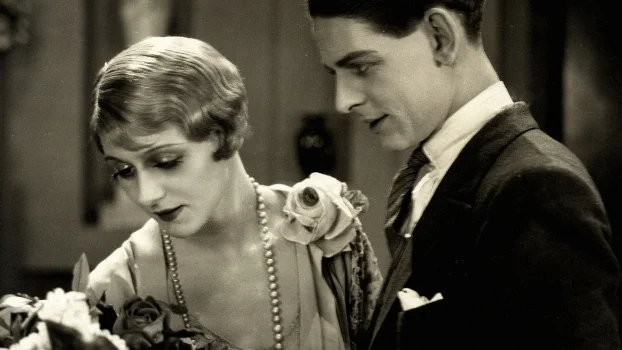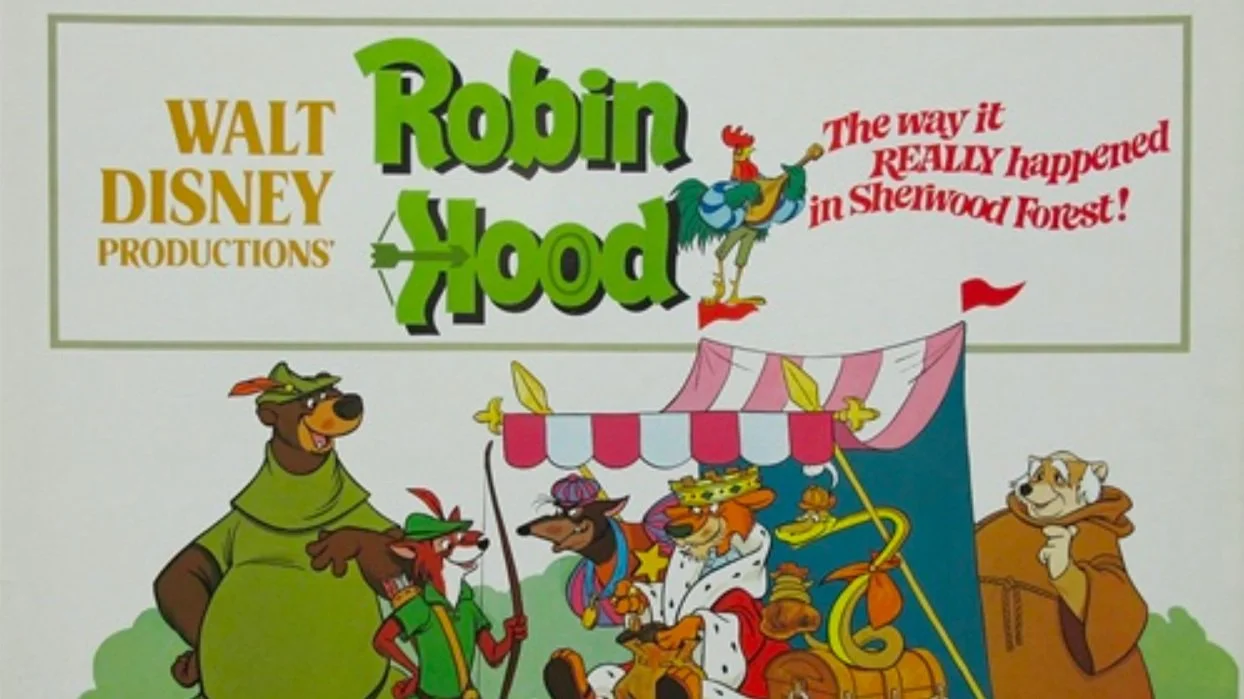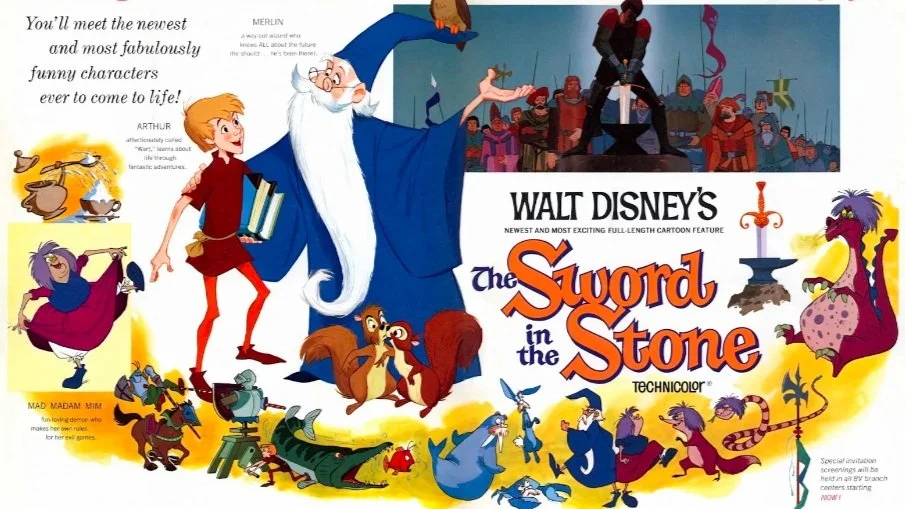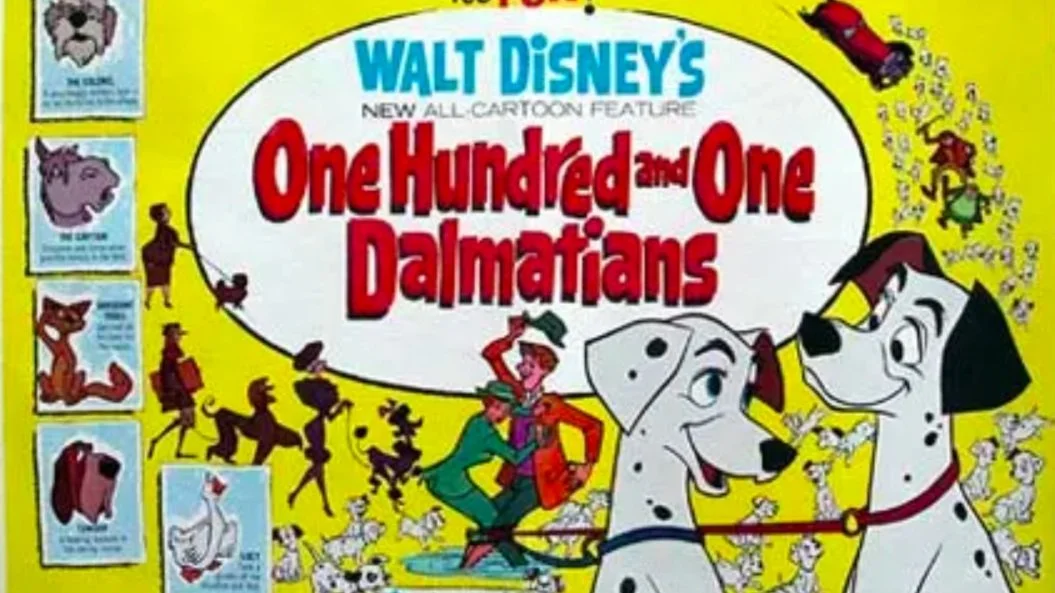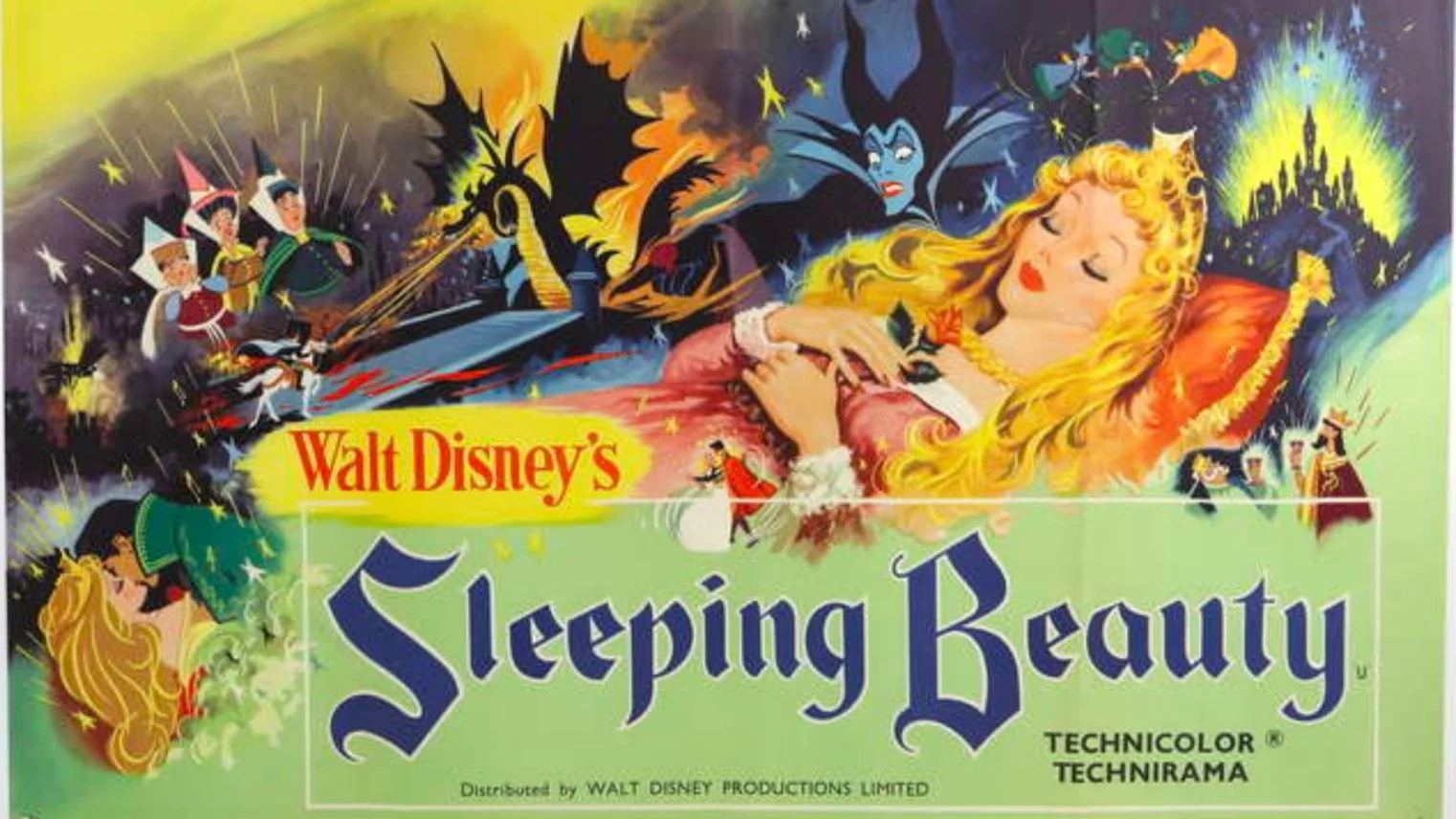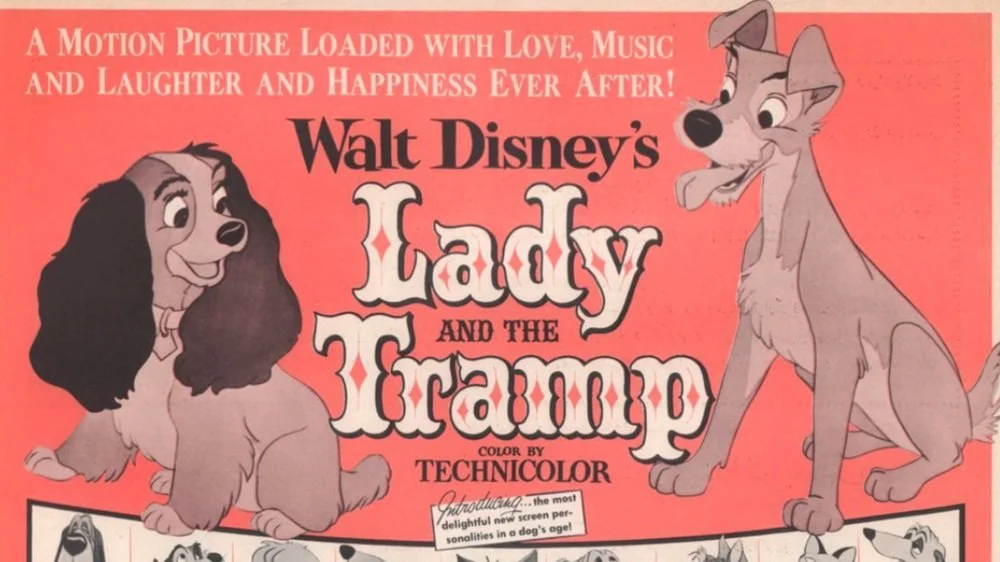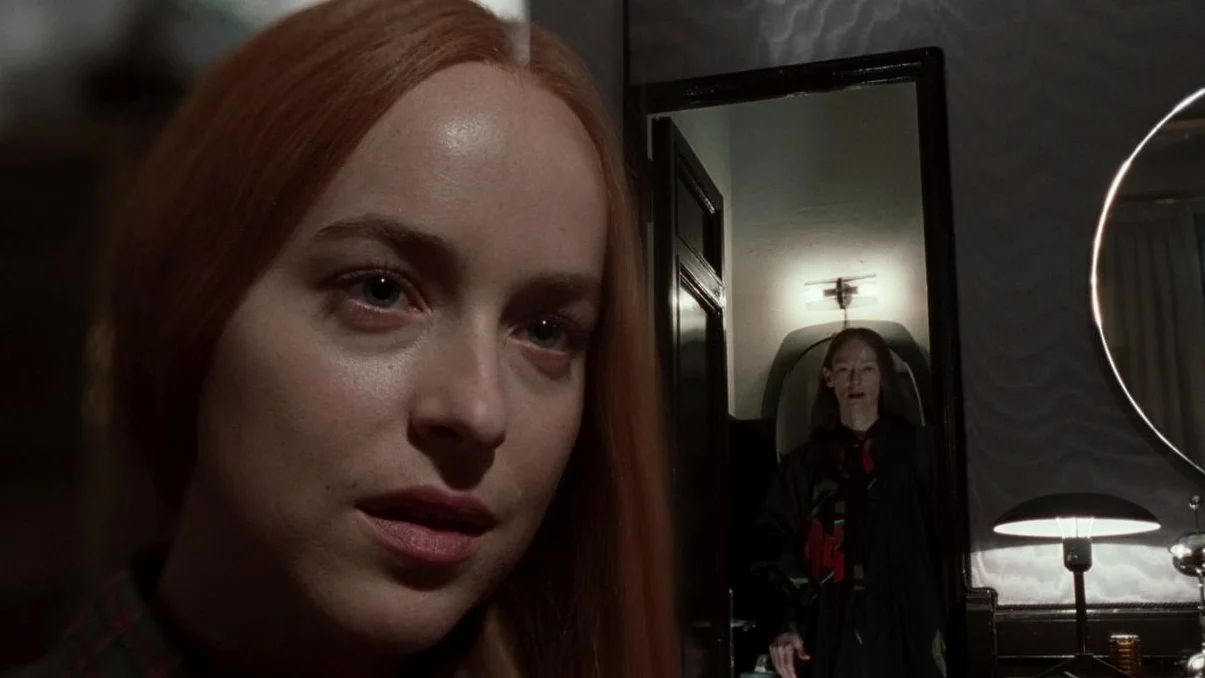Beginner’s Guide to Alfred Hitchcock: Easy Virtue (1928)
With Alfred Hitchcock’s silent films that I’ve been watching, I keep running into the same issue: I wish Hitchcock would have remade some of these films in the sound era. Many of these films feature unique stories and interesting characters who would have been served better by a director with a sharper set of tools. Hitchcock’s 1928 silent film Easy Virtue is one such film. It has a typical Hitchcock element though not in the way you might expect. It’s an interesting little film.
Isabel Jeans stars as Larita, a high society woman who is married to an abusive drunk Aubrey (Franklin Dyall). Larita testifies at her divorce hearing that Aubrey flew into a jealous rage when he saw Larita with handsome painter Claude (Eric Bransby Williams). Claude wanted Larita to leave Aubrey and marry him. A fight ensued and Claude ended up dead. Aubrey then charges Larita with infidelity and the judge grants that. So Larita moves away, hoping to escape the scandal. She meets a younger rich man John Whittaker (Robin Irvine). Instantly in love with her, John proposes marriage much to the chagrin of his snobby mother (Dacia Deane) who makes Larita’s life miserable.
The idea of a woman who runs away from her past is interesting, and one that Hitchcock would return to a few times in films like Notorious and Marnie. The film is based on a Noel Coward play, and the story has a somber, emotionally complex tone. It’s clear early on that this story won’t end happily for poor Larita, as Hitchcock exposes the hypocrisy of the upper class. Larita first gets a raw deal in court, then suffers the shame of scandal. Then her new mother-in-law humiliates her, parading her preferred daughter-in-law in front of her.
It would have been better if Hitchcock had made the film in the 1940s. Just imagine Ingrid Bergman or even someone like Ginger Rogers in a movie like this. And with Hitchcock’s elegant direction and shadowy cinematography, the film could turn into a striking noir. As a silent film, the story does not take off. The performances are all pretty good, especially those from Deane and Jeans. Their performances are quite strong but their relationship doesn’t feel as effective.
Noel Coward’s play was adapted about 80 years later in Stephel Elliott’s 2008 film. The later version of Easy Virtue stars Jessica Biel, Kristin Scott Thomas, Ben Wishaw, and Colin Firth. The 2008 film is snappy and devilish, and is far more entertaining than Hitchcock’s version. Jessica Biel in particular offers a nimble, screwball performance, one that is very different from her other work.
Easy Virtue’s release year is disputed oddly enough. Some people claim it was released in 1927, but most claim it was released in 1928. For its time, the film is rather bleak. The film takes the theme of escaping your past and the characters conclude that one can never escape a damaged past. Larita tries to move on and find happiness but people are there to throw it back at her. The themes in the film are far more engaging than the film itself. Perhaps Hitchcock could have given a later Larita a happy ending. The 2008 film has a similar ending, but ends on a more dignified note. If you’re interested in Larita, I suggest you look to Jessica Biel… not Alfred Hitchcock.


